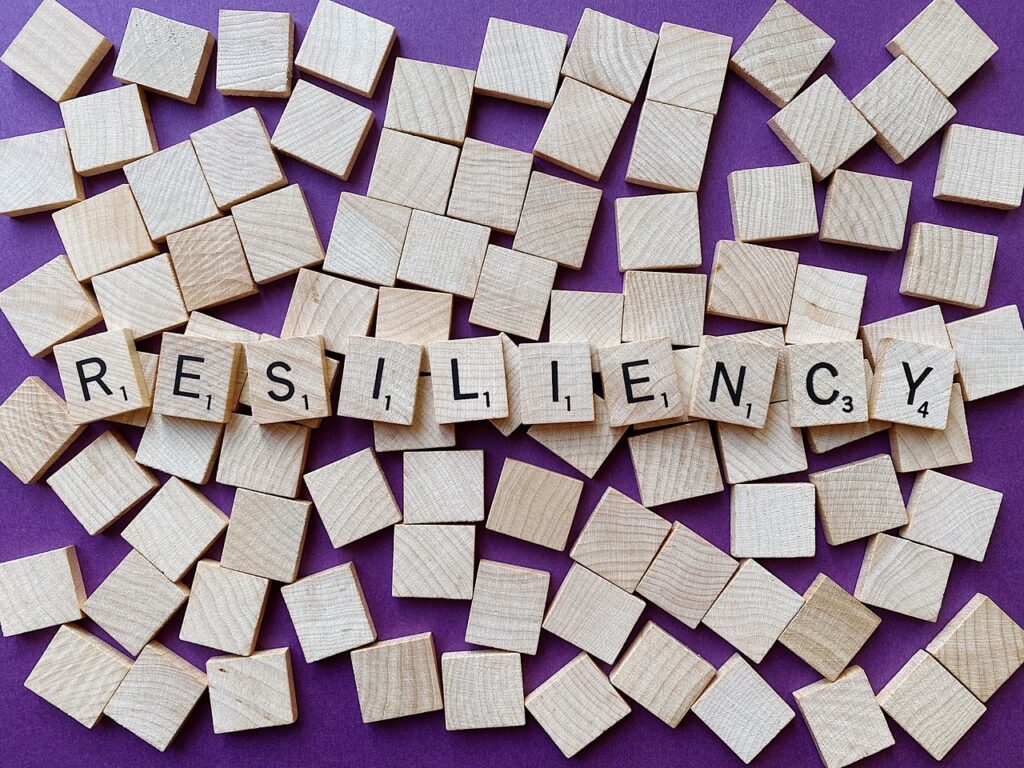In my Peak Resilience Accelerator programme, we are working with Positive Intelligence® to uncover our ‘gremlins.’ Find out which inner saboteurs are holding you back here. This week, I’m looking at the Avoider gremlin, and how we can work on overcoming avoidance to tackle challenging tasks and conflicts head-on, and gain valuable insights and strategies to foster personal growth and resilience.
The Avoider
Avoiders are fun to be around. They want everyone to get along and like to sidestep conflict. Who doesn’t love that? And, even better, they are often very positive and not hugely critical of others.
Overcoming avoidance, however, relies on knowing the challenge or difficult situation will only grow if you put it off. This means Avoiders often err on the side of positivity, even when things are indeed going wrong. They avoid tough conversations and difficult tasks. After all, challenges aren’t fun and handling unpleasant tasks can bring the energy down! Instead they use passive-aggressive means to challenge situations they don’t like. This looks like ‘forgetting’ to do a task or doing what they want to do instead, and feigning ignorance later.
Excuses, Excuses, Excuses
A client of mine, Megan, who worked in aviation, held a strong ‘Avoider’ saboteur. She was now managing a small team, but complained about how much of their work she was taking on; something on which she hadn’t taken anyone to task.
Megan had plenty of excuses, as according to her: ‘everyone’s busy, or doesn’t quite have my skills, haven’t been in the job longer than 6 months, have children at home, or are just going through a tough time personally.’
Certainly, we all need to take into account someone’s lived experience. However, as she talked through her list of 5 direct reports, Megan realised she had ‘a good excuse’ for everyone on their under-performance and a handy rationale she told herself for why she ended up doing more of their work.
As she started coaching with me, she often said of taking on aspects of their deliverables herself: ‘It’s no problem, really.’ Rationally, Megan saw this stance was becoming problematic and time-consuming. She realised that overcoming avoidance was a key goal for her.
Avoiders seem:
- Models of positivity – ‘I’ll give it another day before I get involved.’
- Peacemakers – ‘Taking this on will upset others; the last thing I want to do now.’
- Flexible – ‘I don’t want to upset the balance I do have.’
- Amenable – ‘Nothing to see here!’
- Procrastinators – ‘Let’s just tackle it tomorrow.’
Ignoring Conflict ≠ Solving Conflict
Rather than take on a task they must attend to, Avoiders can lose time in comforting routines and habits. It isn’t that they don’t feel anger or resentment – after all, they are human – it’s just that they prefer to suppress those feelings rather than handle the conflict that might arise. This is why overcoming avoidance is vital. It means your feelings are at least as important as those around you.
This may mean that relationships falter because others don’t know what negative information is being withheld from them. Therefore relationships are kept superficial through conflict avoidance. This happens because they know that the conflict doesn’t go away, it just festers if not resolved.
This is a huge waste, as numbing yourself to pain doesn’t allow you to harness the wisdom and power of pain. Overcoming avoidance and the tendency to brush something off is vital for career progression.
Interestingly, Megan had come to coaching as she had her eye on a promotion, but quickly realised that she’d never get a better job, let alone recognition for her current role, if she didn’t handle conflict better. Overcoming avoidance was a seemingly simple, but very fraught challenge for her.
Does This Sound Familiar?
If this sounds like you or someone you love, ask:
- What happens when you avoid the challenges in front of you? How sustainable is that?
- If you could say how you really felt to the person that hurt you, what would you say?
- When you took on challenges you’d previously been avoiding, what did that enable for you? What was easier than you expected?
At the end of our time together, Megan reflected: ‘I built up these issues in my head, thinking people on my team would resent me, but a few people said they’d actually like to take on more. That totally surprised me! I’ll be working more closely with one colleague in particular to deputise a few meetings.’
If you want to learn more about what your saboteurs might be doing to hold you back in your career, keep an eye out for my next round of Peak Resilience Accelerator sessions! Or get in contact for some executive coaching sessions, or a webinar talk.





